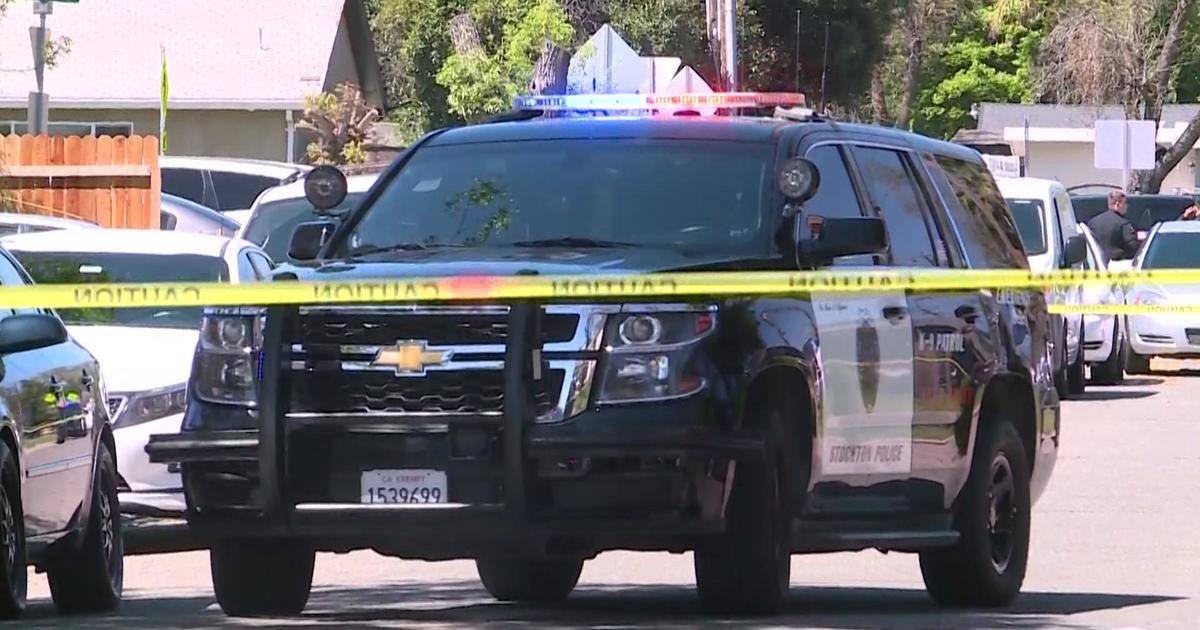Nurse denied ambulance requests before migrant child died in U.S. custody, officials find
A nurse denied several requests to take a sick 8-year-old migrant girl to the hospital the same day the child died in U.S. Border Patrol custody in Texas earlier this month, federal investigators said Thursday.
Anadith Danay Reyes Alvarez, who suffered from sickle cell anemia and heart disease, died on May 17 after she and her family spent over a week in Border Patrol custody, despite agency rules instructing agents to hold detainees for no longer than three days.
While the death is still being investigated by Customs and Border Protection (CBP), Border Patrol's umbrella agency, preliminary findings have raised serious questions about why the family was held for so long, and why Reyes Alvarez was not transferred to a hospital after multiple instances in which she and her mother sought medical attention.
On Thursday, CBP's Office of Professional Responsibility, which is probing the death, released a statement confirming that Border Patrol officials and medical personnel contracted by the agency failed — and in some cases, declined — to transfer Reyes Alvarez to a hospital, despite concerns raised by her mother.
The findings released Thursday stemmed from interviews that investigators held with Border Patrol officials and medical contractors, since the cameras at the facility where Reyes Alvarez's family was last held were not working at the time, according to the CBP statement.
Investigators said medical contractors at a Border Patrol facility in Harlingen, Texas, reported seeing the girl approximately nine separate times between May 14 and the early hours of May 17. The family had been transferred there after Reyes Alvarez tested positive for the flu. They were first taken into Border Patrol custody on May 9, after crossing into the U.S. near Brownsville, Texas.
During those nine visits, Reyes Alvarez complained of pain, fever and flu symptoms, investigators said. The girl was diagnosed with a fever, which peaked at 104.9 degrees on May 16, they added. Medical contractors gave Reyes Alvarez Tamiflu, fever medication, ice packs and a cold shower. But she was not taken to a hospital.
"Despite the girl's condition, her mother's concerns, and the series of treatments required to manage her condition, contracted medical personnel did not transfer her to a hospital for higher-level care," the CBP investigators said.
On May 17 alone, Reyes Alvarez reported having a stomachache, nausea and difficulty breathing. She was seen by a nurse contractor four times that day. The nurse told investigators that Reyes Alvarez's oxygen levels were checked each time and appeared to be normal. The girl was provided Zofran, a medication to prevent nausea, but the nurse declined to transfer her to the hospital, CBP said.
"The nurse practitioner also reported denying three or four requests from the girl's mother for an ambulance to be called or for her to be taken to the hospital," the agency added.
Another medical contractor reported to investigators giving the nurse documents and folic acid tablets found in the family's property. The nurse agreed to give Reyes Alvarez one tablet, but declined to review the documents, investigators said.
At 1:55 p.m. on May 17, Reyes Alvarez's mother came back to the facility's health unit carrying her daughter, who officials said "appeared to be having a seizure." After she became unresponsive, medical contractors called an ambulance and administered CPR, officials added.
The ambulance arrived at 2:07 p.m. and transported Reyes Alvarez to a hospital in Harlingen. Fewer than 50 minutes later, she was pronounced dead there, CBP said.
Initial findings from an autopsy indicated "presence of pleural effusions within the chest cavity, mentioned evidence that had been observed of the attempted surgical repair of the girl's aortic stenosis, and also referenced the provided history of sickle cell anemia," according to CBP.
CBP investigators said none of the Border Patrol officials and medical staff interviewed as part of the ongoing review have reported being aware of Reyes Alvarez's sickle cell anemia and heart condition.
Investigators also found that medical contractors did not record multiple medical visits by Reyes Alvarez, and failed to consult with on-call doctors, including a pediatrician, about the girl's symptoms.
In a separate statement Thursday, acting CBP commissioner Troy Miller called Reyes Alvarez's death an unacceptable tragedy, saying the agency would work to "do better to ensure this never happens again."
Miller said CBP had launched a review of the cases of medically vulnerable migrants and families in detention to ensure they were promptly transferred out of the agency's custody. He also noted CBP had repaired the cameras at the Harlingen facility and prohibited some medical contractors involved in the ongoing investigation from working with the agency again.
"The CBP Office of Professional Responsibility's (OPR) updated statement on the investigation of this May 17, 2023 death provides important new information on this tragic death that will inform our efforts to ensure that this does not happen again," Miller added.
While Reyes Alvarez was born in Panama, her parents and siblings are from Honduras. They were released from U.S. border custody following Reyes Alvarez's death. The Honduran government has called on U.S. authorities to conduct a thorough probe into the death — a demand echoed by some Democratic lawmakers in Congress.
In an interview earlier this month with The Associated Press, Reyes Alvarez's mother said officials ignored repeated calls to hospitalize her daughter while they were in U.S. custody.
"They killed my daughter, because she was nearly a day and a half without being able to breathe," the mother said, according to the AP. "She cried and begged for her life and they ignored her. They didn't do anything for her."




